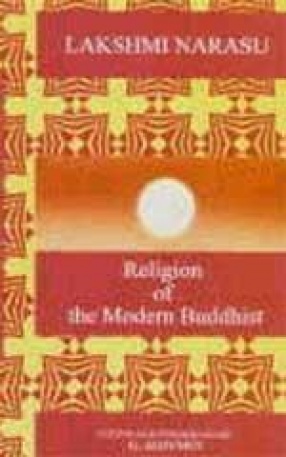The subalternized masses find in the Buddha and his teachings a haven from their socio-cultural degradation and economic-political deprivation. For them, Buddhism comes as a vehicle to emerge into a new and modern religio-cultural, and eventually socio-political, reality. More than half a century before Bhim Rao Ambedkar’s historic conversion, there were attempts across the subcontinent to resuscitate the core philosophical and social ideas of the Buddha as a means to express the existential problems of the subalternized, and as a vehicle of their socio-political emancipation. Lakshmi Narasu, a genius among the thinkers of the early twentieth century, symbolized the ferment of the times. A prominent rationalist reformer, he was known for stern independence of character. Courageous in the articulation of his convictions, he endeared himself to the youth and the subaltern. Forthrightness and daring to take on the arrogance of the mighty were his hallmark. Considerably ahead of his time in his convictions, he impressed many thinkers as a prodigy. His uncompromising and consistent stand against all forms of socio-religious irrationalities and fierce independence of views, however, distanced him from colleagues and the dominant. His public criticism of Annie Besant for her upholding of social obscurantism, particularly caste, as the Indian national genius, and the controversy with her Brahmin supporters on the issue, established him firmly and unambiguously in the public mind on the side of the lowly and the outcaste. Brahminical superstitions in the sense of an ideology of social irrationality, devised to control and dominate the people at large, Narasu found not confined to Hinduism but common to all theistic religions, extending even to what he described as "Bhikshu Buddhism".
My People, Uprooted: The Exodus of Hindus from East Pakistan and Bangladesh
My people, uprooted, ...
$49.50
$55.00





There are no reviews yet.